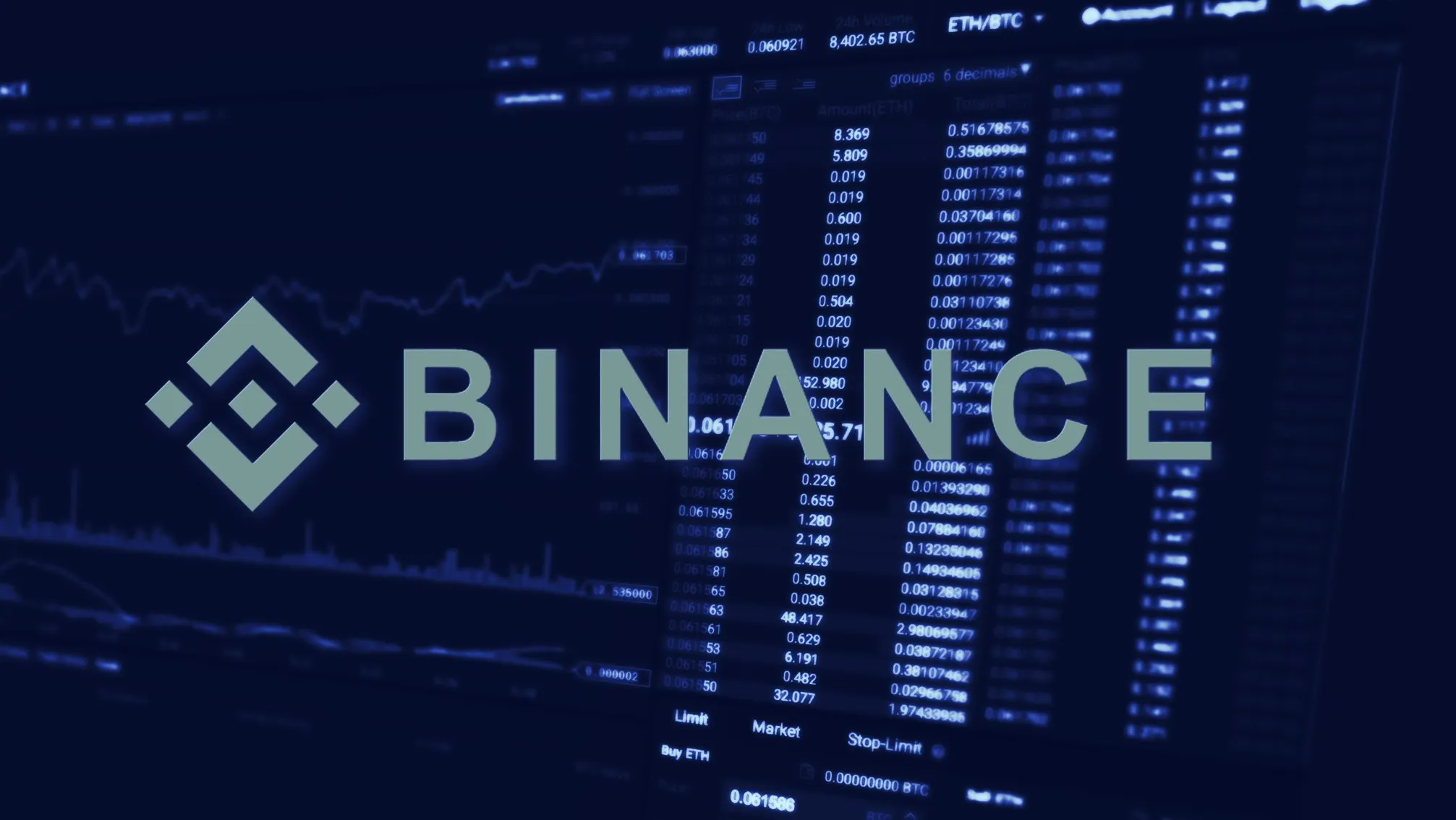In brief
- Forbes has reported that Binance had a secret plan to dupe US regulators using an American subsidiary.
- The anonymous source for the report says it was created and viewed by Binance senior executives.
- Binance CEO Changpeng "CZ" Zhao has called the report "FUD."
Binance CEO Changpeng "CZ" Zhao took to Twitter to deny a Forbes report alleging that Binance, the world's top cryptocurrency exchange, had created an "elaborate corporate structure designed to intentionally deceive regulators and surreptitiously profit from crypto investors in the United States."
Forbes reporting hinges on a leaked document from 2018 "thought to be created by" Binance executives. The so-called "Tai Chi document" outlines Binance's purported strategy to create an American subsidiary, the "Tai Chi entity," as a form of subterfuge, allowing the company to point to a subsidiary that was above-board with regulations. It would then use the subsidiary as a way to move revenue around to its other global operations. In 2019, Binance lent its name to Binance.US, a San Francisco-based cryptocurrency exchange.
CZ flatly called the report "FUD" and said it "was not produced by a Binance employee (current or ex)." According to CZ, it's a third-party document: "Anyone can produce a 'strategy document', but it does not mean Binance follows them."
According to Forbes' anonymous source, the Tai Chi document was created by the co-founder of OTC trading platform Koi Trading, Harry Zhou; Binance Labs is the lead investor in Koi Trading, spending $2.99 million in a seed round in October 2018. The document allegedly made its way to CZ that same quarter via Jared Gross, who is in charge of mergers and acquisitions for Binance.
Responding to CZ, Forbes journalist Michael del Castillo, claimed to have email correspondence from Binance confirming that Zhou was a prior Binance employee, contrary to CZ's claims.
The document, which is in slideshow format, lays out a plan for duping the Financial Crimes Enforcement Network and the Office of Foreign Assets Control (which are both US Treasury offices), as well as the Securities and Exchange Commission and the Commodity Futures Trading Commission—and, for good measure, the New York State Department of Financial Services, though Binance.US is not available to New York users.
The document purportedly also shows how the "Tai Chi entity" could move revenue back into Binance's core business, which is registered in the Cayman Islands, in the form of license and service fees.
Regardless of whether the document is legitimate—or even been followed—the M.O. rings somewhat true. Binance is not averse to playing geo-arbitrage, moving its operations from China and then Japan to stay ahead of government authorities with different levels of comfort around cryptocurrency trading—and establishing outposts in places like Uganda and Malta, which are open for business but may also have more lenient stances toward official corruption.
Still, even if all of Forbes' reporting is true, it may not make Binance's actions illegal. According to Gabriel Shapiro, partner at Belcher, Smolen & Van Loo LLP, "What is being described here is not a law evasion strategy but a plan to comply with U.S. laws in a maximally profitable way."
He continued: "If this [is] evasion, so is most legal structuring."
Responding a Decrypt request for comment, Binance.US said, "The Forbes article contains multiple inaccuracies that indicate that its claims are without merit." For example, the company pointed out that it is not a subsidiary but "an independent and separate company which began operating in September 2019."
Wrote the company: "We have prioritized regulatory compliance, both for the benefit of our users and to ensure the future success of our platform. We have a robust AML Program and Digital Asset Framework to approve new projects on our platform. In the last 13 months, we have built strong relationships with regulators, invested in compliance infrastructure, and we only operate in jurisdictions where we have licenses."
Forbes told Decrypt, "We stand by the story and offered ample opportunity for the company to respond to our inquiries."
Editor's note: This article has been updated with comments from Binance.US.
Daily Debrief Newsletter
Start every day with the top news stories right now, plus original features, a podcast, videos and more.

